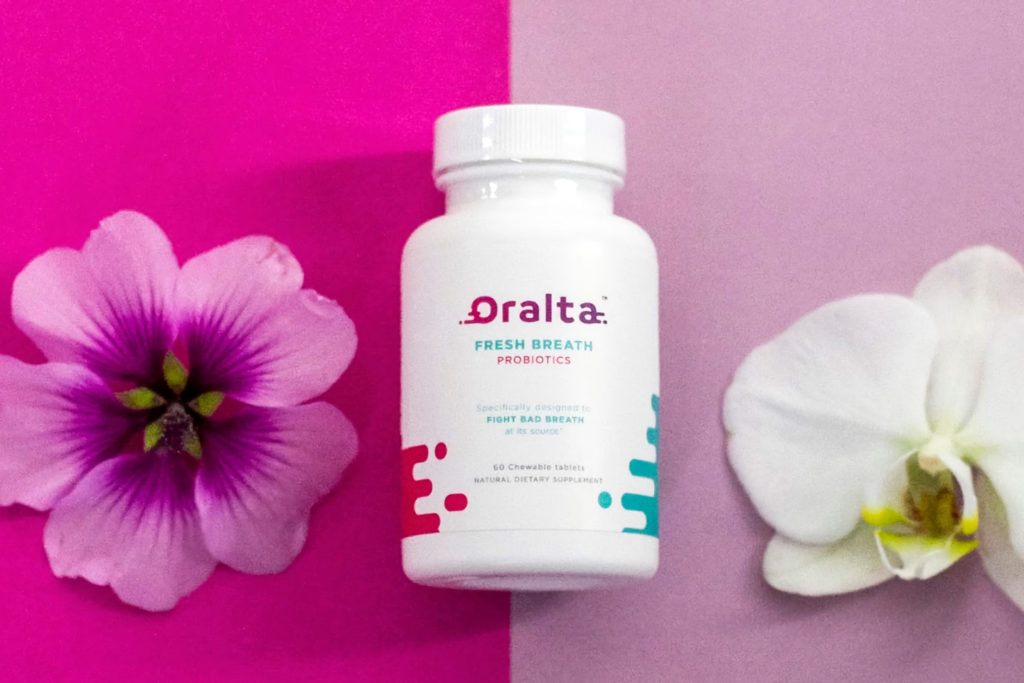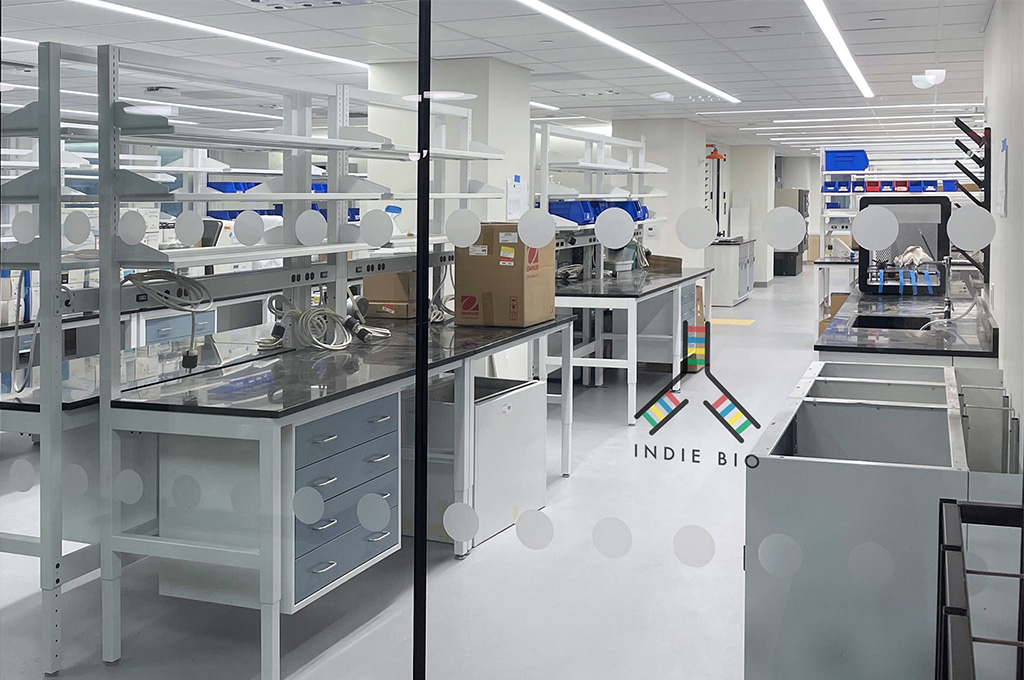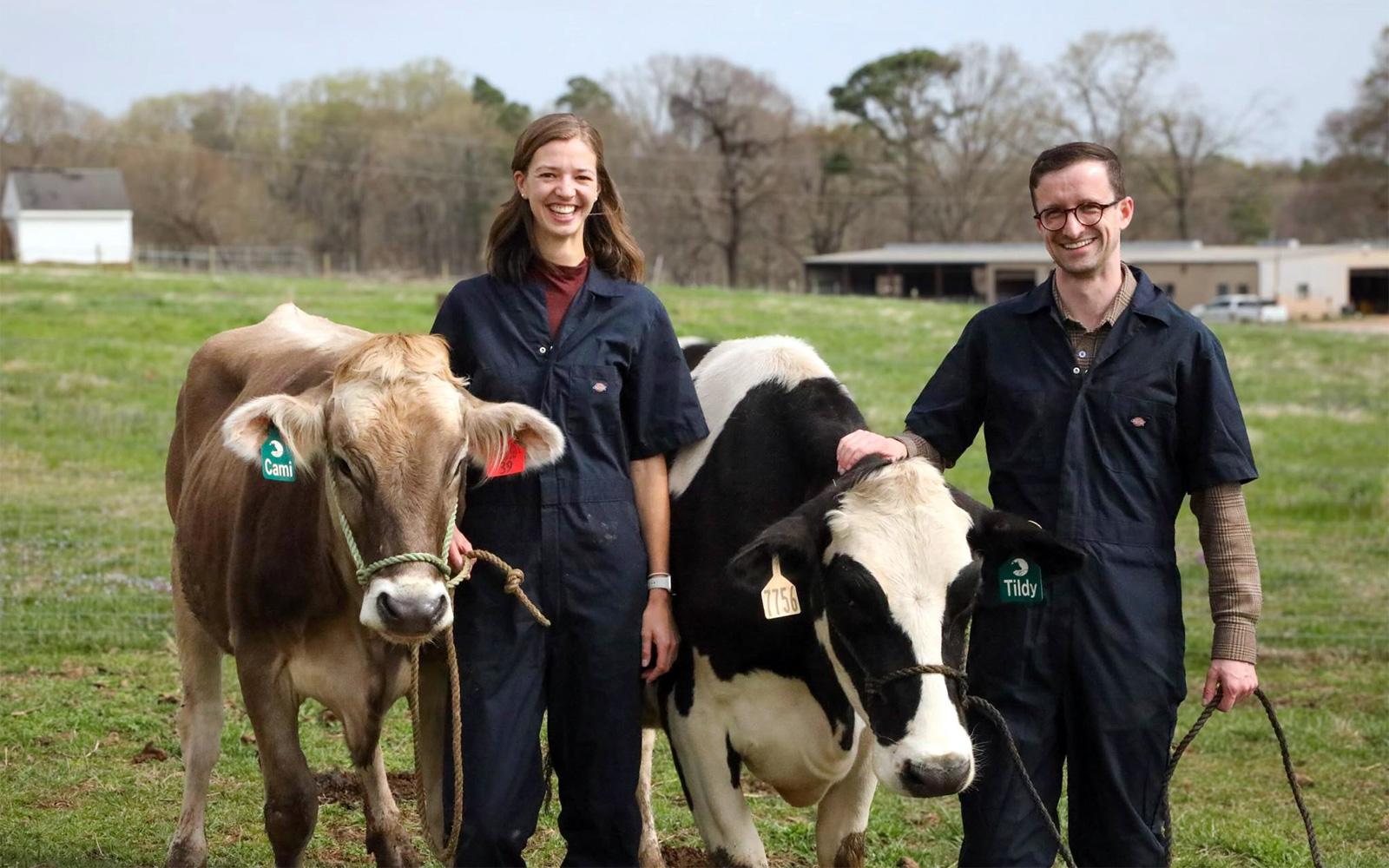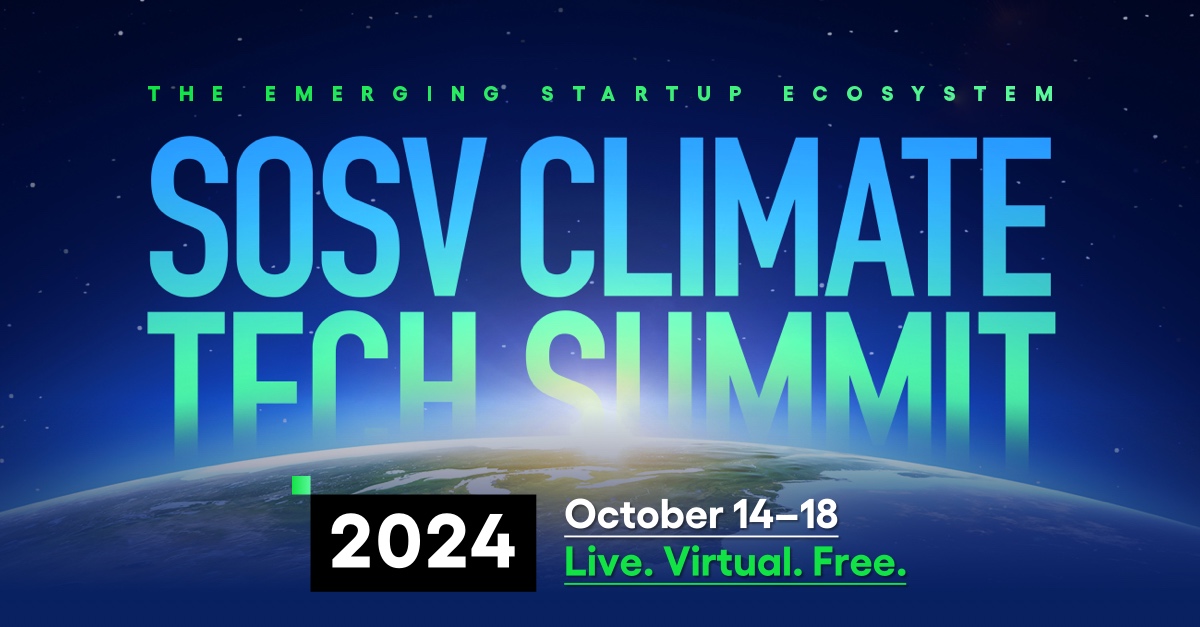
Americans spend over 40 billion dollars every year taking care of their oral health, yet conditions like bad breath, gum disease, and tooth decay are incredibly common. Oralta is looking to change the paradigm of oral health by going beyond the symptom based treatment of today’s products. They’re doing this by targeting the oral microbiome, restoring balance between communities of good bacteria.
I sat down with Kishore Nannapaneni, Oralta’s CEO, to learn more about how Oralta is changing oral health.
How did you become interested in microbiome science?
My first job was as a plant scientist at DuPont Pioneer when they acquired Danisco and Genencor. These were both biotech companies working with bacteria, but DuPont didn’t have a bioinformatics staff, and I was put in charge of handling it. This was my first introduction to bacteria and fungi. I loved working with them. They’re much simpler organisms. Their genes have all been annotated, so it’s easy to work with and you can see the results really fast. It’s not like plants where the genomes have not been sequenced, and you can never completely sequence them. There’s a lot of uncertainties with the plant genomes because they’re large, have a lot of repeats, and a lot of transplants. The relative simplicity of working with bacteria made them incredibly interesting models to work with..
How did you go from working on the microbiome at DuPont to thinking about starting Oralta? And how did you and the team get together?
While I was working at DuPont, Denisco called and said they had started getting their own bioinformatics faculty. I couldn’t continue working with microbial bioinformatics anymore. I’d have to go back to my plant bioinformatics. So, I was looking for a job in microbial bioinformatics and was then hired at Bayer Crop Science where I met Patrick. I never had any problems with my teeth. Patrick, on the other hand, has had a lot of cavities, and he would complain about how he hated going to the dentist. Then, an idea came to us. We were identifying which bacteria helps plants grow better and helps them fight fungal diseases. Why can’t we do the same for the oral space? Because of the fact that I have good oral hygiene and somebody else doesn’t means that there is a good microbiome and a bad microbiome. If we could identify the bacteria in the good microbiome and put them in people with bad oral health, then we would be able to restore their oral health.
How did that idea become a company and what product are you focused on currently?
Our first product is for bad breath, and the reason we are going for bad breath first is because we can see efficacy in just two weeks. We have a unique formulation formatted as a chewable tablet. People can take it once in the morning and once in the evening after brushing their teeth, and the bad breath levels will drop really significantly in just two weeks. This is an easy way to go directly to the market and make a name for ourselves. We have plans to develop other products in the very near future for other common oral conditions.
What lessons did you learn transitioning into scientific entrepreneurship at IndieBio?
The biggest thing for me at IndieBio was the pace. You’re always working really hard, your peers are working very hard, and IndieBio has been very helpful in pushing us to reach our weekly milestones at a rapid pace. This was the most important thing for me apart from all the connections made through IndieBio and the workshops. For me, the most important thing is that IndieBio sets the pace, and it’s up to you to actually take it beyond the program and work with the same passion and pace.
How do you think success is for Oralta a company can change the dental and oral care industry?
At this point, most other oral hygiene routines are only addressing the symptoms. For example, if you’re brushing your teeth, then you’re only reducing the biofilm and by the evening it grows back. It’s the same thing with mouthwashes, mint, and gum. They’re not addressing the root cause of oral diseases like tooth decay, gum disease, and bad breath. We are addressing the problem at the root. We’re trying to rebalance the oral microbiome from a diseased state to a healthy state. In the case of a bad breath, it’s caused by a bacteria releasing volatile sulfur compounds. Our chewable tablets will replace the odor-causing bacteria and replenish the mouth with good bacteria.
What are the big milestones that as a company you are looking to hit in the near future?
Our first product for bad breath is coming out in November 2018, and our second product for gum disease is coming out in Q2 of 2019. Lastly, our third product for tooth decay is coming in Q2 of 2019. Simultaneously, we are building an Oralta AI platform where we will be sequencing thousands of diseased and healthy microbiomes, which we will feed to a platform. The platform will then design the new generation of probiotics and therapeutics.
When you are talking about using the microbiome to design new therapeutics, how do you see this space of microbiome expanding in the future? Do you think it’s a new frontier of medicine?
There is an emerging body of evidence that suggests the role of the oral microbiome in systemic diseases like Alzheimer’s, oral cancer, cardiovascular disease, etc. This has already been established in the case of the gut microbiome. A lot of companies are already successful in the space where they’ve come up with therapeutics, and there’s an emerging body of evidence in the gut microbiome, the gut-brain access, etc. I think there is a great future for therapeutics in the microbiome space and specifically in the oral microbiome space. Our goal is to be the powerhouse of the oral microbiome space.
Watch Oralta pitch on IndieBio Demo Day, Tuesday Nov. 6th in San Francisco or via LiveStream. Register here!



